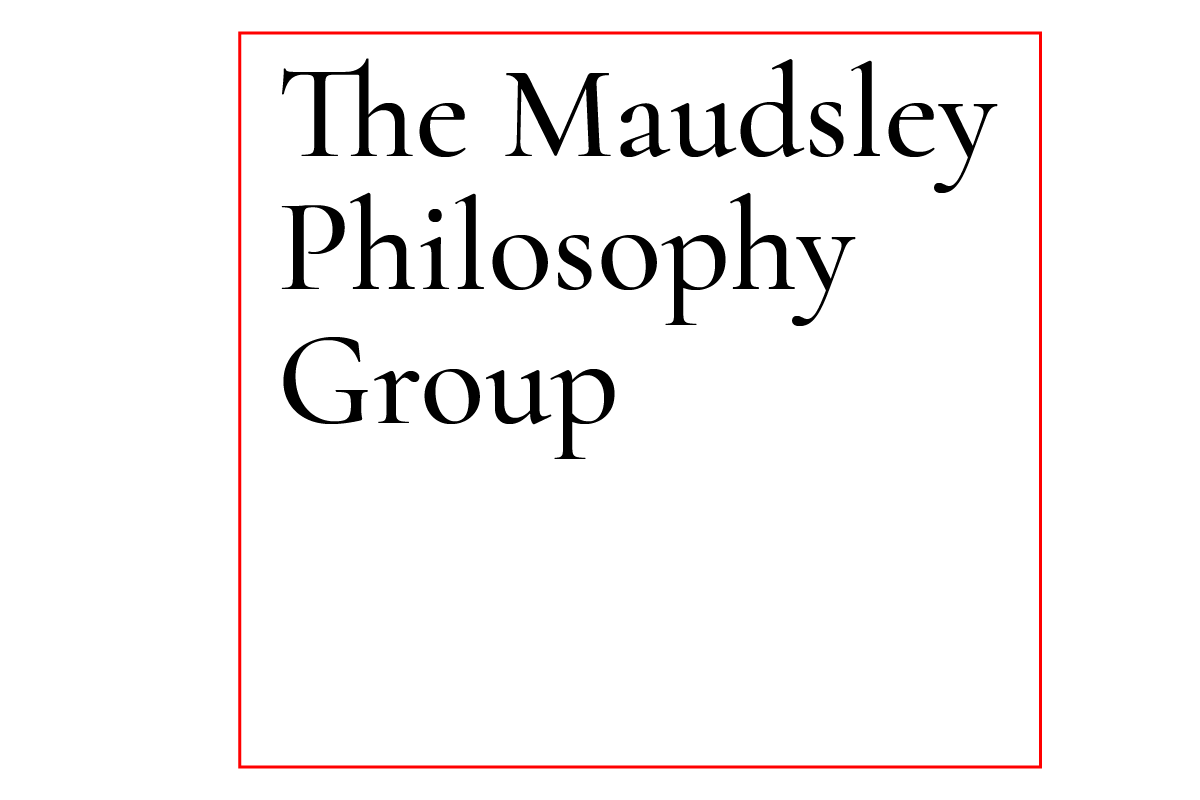“….only once we understand (how individuals gain power) can we predict who receives power and thus ensure that power is put to good use for organizations, collectives, and countries.”
Rachel E. Sturm, Wright State University, Ohio; and John Antonakis, University of Lausanne.
Journal of Management, September 2014, 41(1), 136-163.
From the Conclusion:
“…it is important that we better understand the process by which individuals, particularly leaders – who wield consequential power – gain it. It is only once we understand this production system that we will be better able to predict who receives power and thus ensure, like Plato would have wished, that power is put to good use for organizations, collectives, and countries.
From the Abstract:
“Power is a fundamental force in social relationships and is pervasive throughout various types of interactions. Although research has shown that the possession of power can change the power holder, the full extent of power’s consequences on individuals’ decision-making capabilities and social interactions within organizations is not fully understood.
“This paper reviews, synthesizes, and critiques the literature on power with a focus on its organizational and managerial implications. Specifically, the authors propose a definition of power that takes into account its three defining characteristics – having the discretion and means to enforce one’s will – and summarize the extant literature on how power influences individuals’ thoughts, emotions, and actions both in terms of prosocial and antisocial outcomes.
“In addition, they highlight important moderators of power and describe ways in which it can be studied in a more rigorous manner by examining methodological issues and pitfalls with regard to its measurement and manipulation.”
Access the full article here: Interpersonal power
